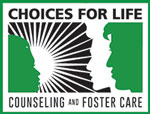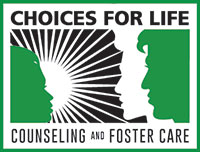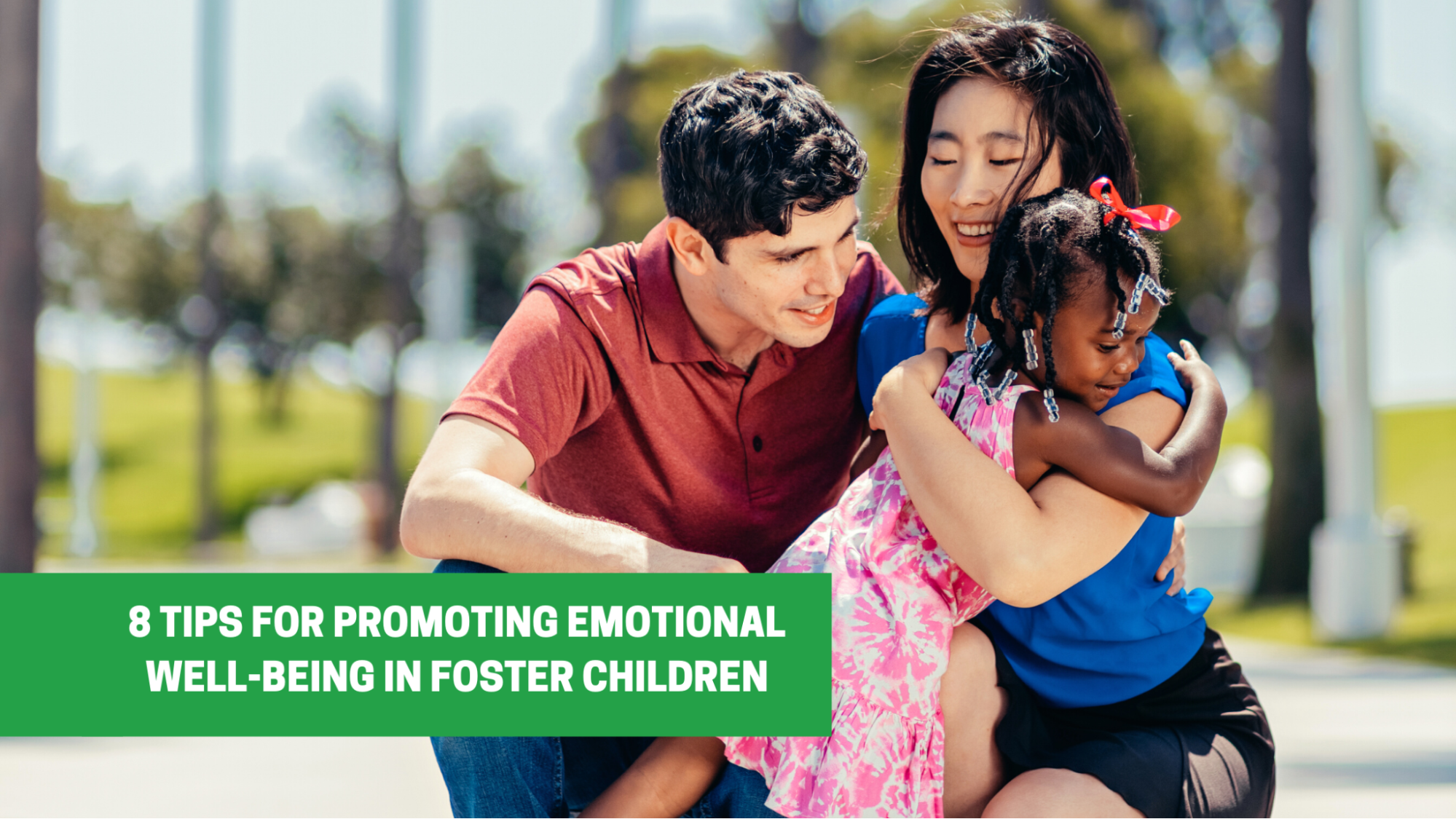Foster care plays a critical role in providing a safe and nurturing environment for children who have experienced adversity in their lives. These children often face unique challenges that can impact their mental health and emotional well-being. In this blog, we will explore the important connection between foster care and mental health, and discuss strategies to promote emotional well-being in foster children.
Understanding the Impact of Trauma
Many children enter foster care due to traumatic experiences, such as abuse, neglect, or loss. These experiences can have profound effects on their mental health. Foster parents, caregivers, and professionals must recognize and understand the impact of trauma on a child’s emotional well-being. This understanding forms the foundation for providing appropriate support and interventions.
Creating a Safe and Supportive Environment
Stability and consistency are vital for promoting emotional well-being in foster children. Foster homes should provide a safe, nurturing, and predictable environment where children can feel secure. This includes establishing routines, setting clear boundaries, and offering emotional support to help children develop trust and build healthy relationships.
Building Strong Relationships
Positive and supportive relationships are crucial for a child’s mental health. Foster parents and caregivers can foster healthy attachments by offering love, empathy, and understanding. Creating a sense of belonging helps children develop resilience and cope with the challenges they may face.
Access to Mental Health Services
Foster children often require specialized mental health services to address their unique needs. Collaborating with mental health professionals, therapists, and counselors is essential for providing comprehensive support. Regular check-ins, therapy sessions, and assessments can help identify and address any mental health issues promptly.
Learn more about our mental health, behavioral health, and counseling services:
Oklahoma services | Georgia services
Encouraging Emotional Expression
Foster children may struggle with expressing their emotions due to past traumas or a fear of rejection. Encouraging open and honest communication about feelings can help them develop healthy emotional expression. Foster parents can create a safe space where children feel comfortable sharing their thoughts, fears, and aspirations.
Supporting Educational Success
Education plays a significant role in a child’s overall well-being. Foster parents and caregivers should advocate for the educational needs of the children in their care. Collaborating with teachers, counselors, and school administrators can ensure that appropriate academic support is provided, reducing stress and promoting mental well-being.
Promoting Self-Care
Teaching foster children the importance of self-care empowers them to prioritize their emotional well-being. Foster parents can model self-care practices, such as mindfulness, relaxation techniques, and engaging in activities that bring joy and fulfillment. Encouraging healthy habits and self-reflection helps foster children develop resilience and coping strategies.
Transitioning with Care
Transitions, such as moving to a new foster home or aging out of the foster care system, can be challenging for children. Foster parents and professionals should ensure that proper support is in place during these transitions. Preparation, ongoing communication, and connecting children with support networks can ease the stress associated with these changes.
Foster care plays a vital role in promoting the mental health and emotional well-being of children who have experienced trauma and adversity. With dedication, empathy, and collaboration, we can help foster children heal, thrive, and realize their full potential.
Related Articles:
Foster Care Types: Your Guide to Making a Decision
What to Expect Before Your Foster Child Arrives
How to Create a Supportive Environment for Foster Children
How to Make a Foster Child Feel Loved and Included
Making Their Birthday Special


